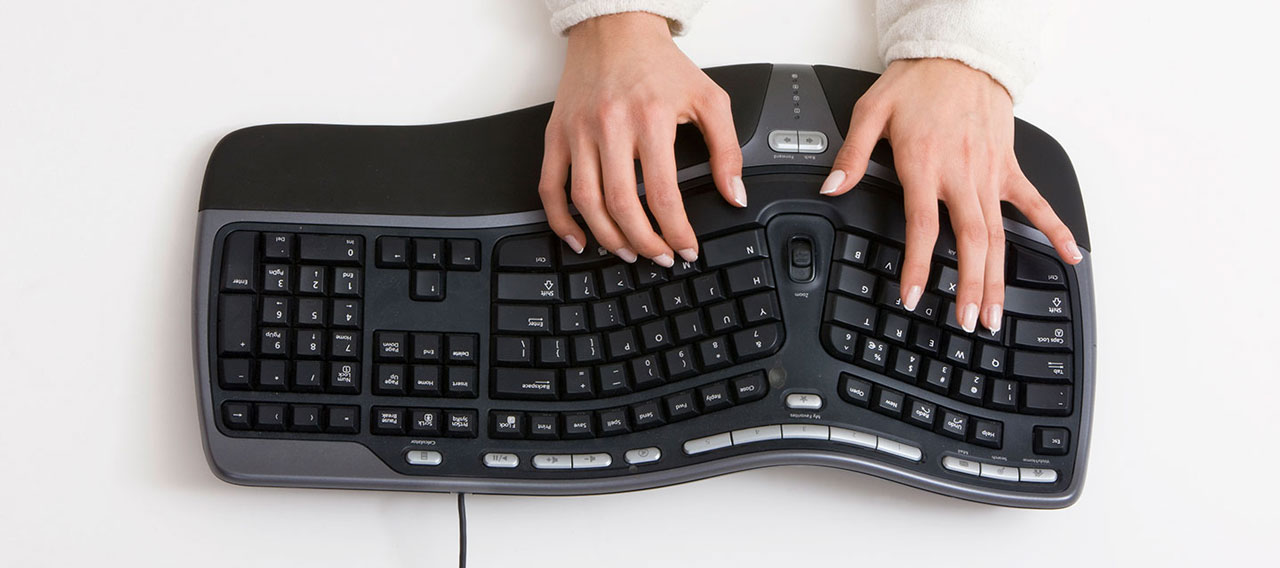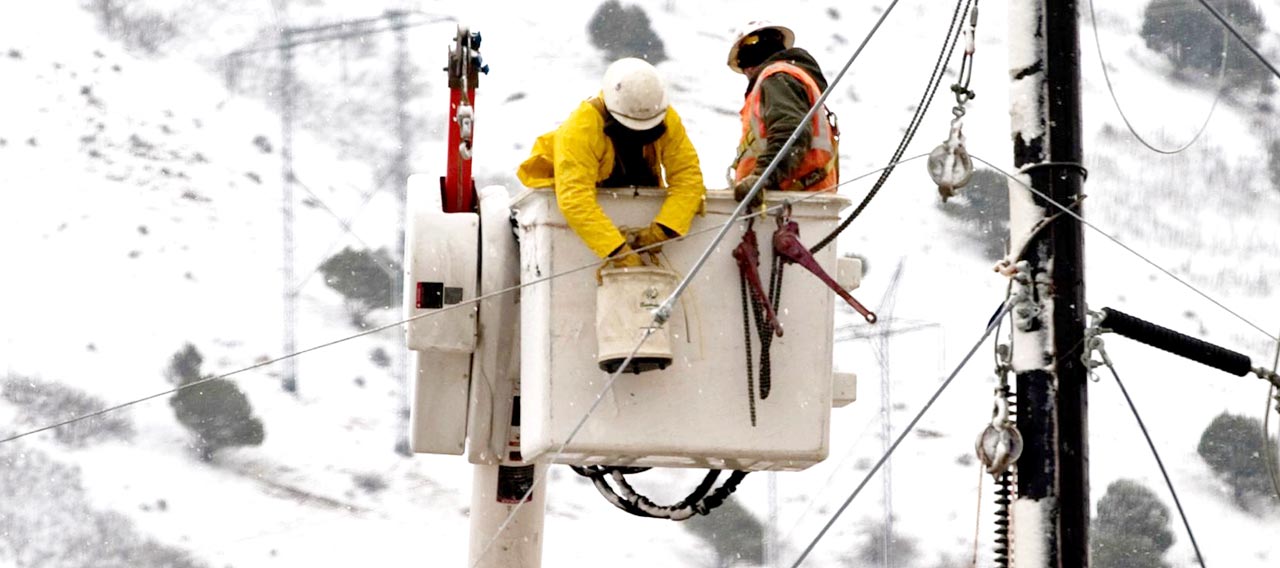- Individuals & Families
- Businesses
- Agents & Brokers
- Embedded Insurance

Chubb ranked #1 for Homeowners Insurance Customer Satisfaction.

Chubb ranked #1 for Homeowners Insurance Customer Satisfaction.

Chubb ranked #1 for Homeowners Insurance Customer Satisfaction.

Chubb ranked #1 for Homeowners Insurance Customer Satisfaction.

Because pets are family, Chubb now offers pet insurance with top-rated coverage from Healthy Paws.

Chubb offers the insurance protection you need for travel’s many “what ifs”.

Chubb protects small businesses at every stage – from newly formed start-ups to long-time anchors of the community.

Stay ahead of cyber threats with our free Cyber Claims Landscape Report.

Learn more about our dedicated learning paths, Online Learning Center, and more.

Many digital-savvy consumers look for it as a core or add-on option.

Many digital-savvy consumers look for it as a core or add-on option.

Many digital-savvy consumers look for it as a core or add-on option.

Chubb’s in-house technology makes it easy to integrate what we do into your customer experience.
-
About
-
Claims
-
Login & Pay Bill
For Agents & BrokersFor Travel Advisors
-
Back
If circumstances require you to evacuate the office and have your employees to work remotely for an extended period, it’s not always a simple matter of just sending them home. Depending on your business and their specific job responsibilities, they may need a substantial “care package” to be able to do their job from home effectively. While traditional care packages consist of snacks and drinks, your office evacuation care package might include of the resources and supplies they’d normally have access to in the office.
Here are some of the items you may want to consider sending home with your employees:
1. Their laptop—with all the extras.
It may seem obvious, but for employees who are not regular telecommuters it’s important they remember to take not just their laptop, but also the power cord and any additional accessories, such as dongles to be able to connect a headset or wireless mouse. If your employees do most of their work on a computer, they’ll probably also need to take a mouse, mouse pad, headset and possibly a keyboard, monitor, and printer.
2. A phone and headset.
Most people these days have a cell phone, but if you have not issued business-specific cell phones to employees, you’ll need to make sure it’s appropriate for them to receive and make calls from their personal lines. If not, they’ll need another phone for business-related calls.
3. Office supplies.
Do not expect your employees to use their own supplies if they’re working remotely—make sure they have access to pens, printer paper, envelopes, stamps, and all the little things that make getting the job done possible. Whether or not they take a stockpile home with them, it’s a good idea to set up a system for ordering and distributing office supplies for your remote workforce.
4. Files.
While many files are stored online these days, there are still offices that continue to maintain physical files. If your employees need actual paperwork and files to do their job, make sure they take them—assuming doing so doesn’t violate privacy or HIPAA laws.

5. Plants.
If there are plants in the office that need regular care, distribute them amongst willing employees for a little TLC.
6. Personal belongings.
Often, when offices are closed for a period, they’re locked up and you may not be able to get back in even if you have a pass or key fob. So, make sure your employees take their personal items, such as medication, keys, extra clothing and anything else they’ll need during the time they’ll be away from the office.
In the event of an office evacuation
While there may be plenty of lead time for some long-term office vacancies, emergency evacuations are different. Make sure you have an emergency action plan in place that will help your business facilities survive a sudden disaster, most importantly, and will get your employees out of harm’s way quickly and safely.
What does an office emergency evacuation plan include?
- A way for everyone to get out safely and a place to go.
- Designated employees to take charge, count heads, and shut things down quickly.
- Safety protocols for machinery, electricity, and other utilities.
- Location of medical supplies and special equipment (first aid kit, defibrillator, etc.).
Insights and expertise








This document is advisory in nature and is offered as a resource to be used together with your professional insurance advisors in maintaining a loss prevention program. It is an overview only, and is not intended as a substitute for consultation with your insurance broker, or for legal, engineering or other professional advice.
Chubb is the marketing name used to refer to subsidiaries of Chubb Limited providing insurance and related services. For a list of these subsidiaries, please visit our website at www.chubb.com. Insurance provided by ACE American Insurance Company and its U.S. based Chubb underwriting company affiliates. All products may not be available in all states. This communication contains product summaries only. Coverage is subject to the language of the policies as actually issued. Surplus lines insurance sold only through licensed surplus lines producers. Chubb, 202 Hall's Mill Road, Whitehouse Station, NJ 08889-1600.


